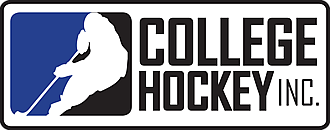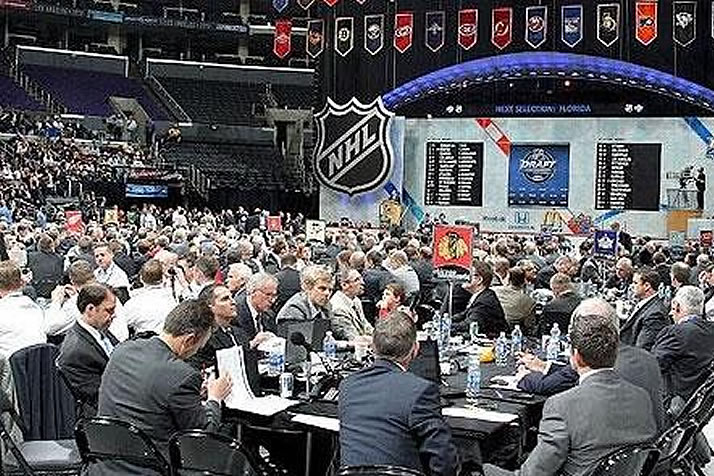


Young hockey players dream of having their names called at the NHL Draft, and in a small way, major junior drafts can carry a similar excitement. A team has cast its eyes across a broad landscape of hockey talent and decided that it wanted you.
But do their plans align with your goals and dreams in hockey and life?
Once they've decided you're the right fit for them, does that mean they are the right fit for you?
In short, what's next?
For players ages 14-16 drafted in the WHL, OHL and QMJHL drafts, the answers aren't always immediately evident. Talented hockey players at that age have options, and you'll want to proceed carefully after a draft in order to keep those options open.
Any player who wants to consider the U.S. college hockey option and the opportunity to get your education paid for while pursuing an NHL career needs to remember a few things:
1. Do not sign an agreement with a CHL team.
Because CHL teams employ players who have already signed NHL contracts it is considered a professional league by the NCAA. Therefore, any player entering into an agreement with a CHL team - even one not specified as a "contract" - jeopardizes their NCAA eligibility.
2. Do not interpret a lack of calls from colleges as a lack of interest.
Colleges, by NCAA rule, cannot contact student-athletes prior to Jan. 1 of their grade 10 year of high school, and typically the recruiting process begins later than that. Unless you have reached out to them on your own, you may be drafted without ever talking to a college coach - but that doesn't mean they aren't interested. College coaches want to attract the best players from both the U.S. and Canada, typically many of the same players that OHL, WHL and QMJHL teams select in their drafts.
3. Do not violate NCAA rules by accepting gifts from CHL teams.
Teams may send draftees jerseys after they are picked; to maintain NCAA eligibility you should either compensate the team appropriately, return the jersey to the team or donate it to charity. Draftees may participate in one training camp, at the team's expense, for up to 48 hours. Beyond that 48-hour mark players must pay all expenses, including travel, to maintain NCAA eligibility.
Learn more about the 48-hour rule
4. Do not compete in scrimmages or games against other teams.
While attending CHL camps prospects may participate in practices and intrasquad scrimmages, but may not face off against another CHL team. Doing so would jeopardize your NCAA eligibility.
Being drafted by the CHL is a great validation of your skills as a hockey player and can be a good sign of things to come in your hockey career. That career will include a number of choices along the way - we would encourage you to keep your options open so that you have the opportunity to make the best choices for you.
Players who pursue the college route end up with a unique opportunity: instead of teams selecting you, you get to select the best place for you to take the next step in your career.